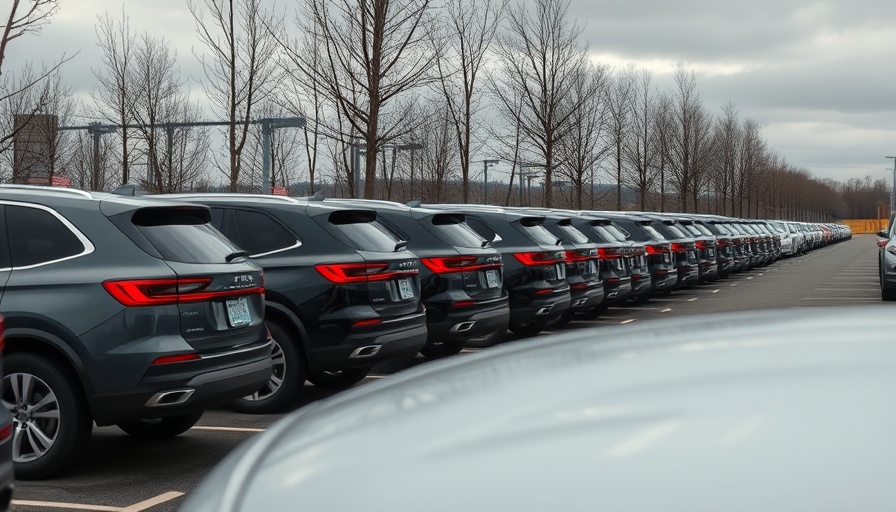
High-Income Consumers: A Surprising Risk in Auto Loans
In the intricate world of auto finance, one might assume that high-income consumers are immune to the financial downturns that can lead to loan defaults. However, recent insights reveal a worrying trend: even those who earn substantial incomes are facing increased risks of defaulting on their auto loans. This article sheds light on the shifting dynamics of high-income car buyers and the implications for car dealerships.
The Changing Landscape of Auto Financing
Recent economic fluctuations and the rise in inflation have impacted consumers across all income brackets. For high-income individuals, their affluence may have led them to overextend themselves, relying on loans to finance luxury vehicles. A report indicated that defaults in this category are driven by a mix of lifestyle inflation and unexpected economic downturns.
As high earners often assume they can manage their debts, they may not anticipate the strain that an economic slump can impose on their budgets. This shift has prompted concerns from financial institutions and car dealerships, who now must navigate an evolving market where even affluent clients pose a risk of default.
Impacts on Car Dealerships
For car dealerships, this scenario presents both challenges and opportunities. Rates of delinquency among affluent borrowers could necessitate adjustments in financing strategies. Dealerships may need to refine their vetting processes for potential high-income borrowers, ensuring they fully assess each client's financial resilience before extending loans.
Furthermore, the ability to provide compelling auto finance packages may prove crucial. Innovative financing solutions such as flexible payment plans or incentives could help mitigate risk while appealing to high-income clients.
Strategies to Mitigate Default Risks
So, how can dealerships adapt to the shifting tides of high-income auto financing? Here are a few strategies:
- Enhanced Credit Assessment: Implement a more rigorous analysis of applicants' credit histories and financial stability.
- Transparent Loan Structures: Ensure that lending terms are clear to borrowers, reducing the chances of misunderstandings that can lead to defaults.
- Financial Education Initiatives: Providing workshops on budgeting and debt management could empower buyers and promote responsible borrowing.
Looking to the Future: Trends in Auto Financing
As we anticipate ongoing challenges in the automotive finance landscape, it's crucial to remain informed about new trends. The continued fluctuations in interest rates are likely to influence consumer behavior and dealership financing practices. Additionally, the rise of electric and hybrid vehicles may bring about new financing models that target environmentally-conscious consumers.
Dealerships that can adapt their business models to these trends will not only safeguard against default risks but also ensure they meet the changing needs of high-income consumers.
Conclusion: A Call to Action for Dealerships
As financial dynamics shift, it's essential for car dealership owners and managers to engage proactively with these changes. By implementing robust risk assessment strategies and embracing consumer education, dealerships can better position themselves against the rising tide of defaults among high-income auto consumers. Stay informed, adapt to the evolving market, and take proactive measures to safeguard your business.
 Add Row
Add Row  Add
Add 




Write A Comment